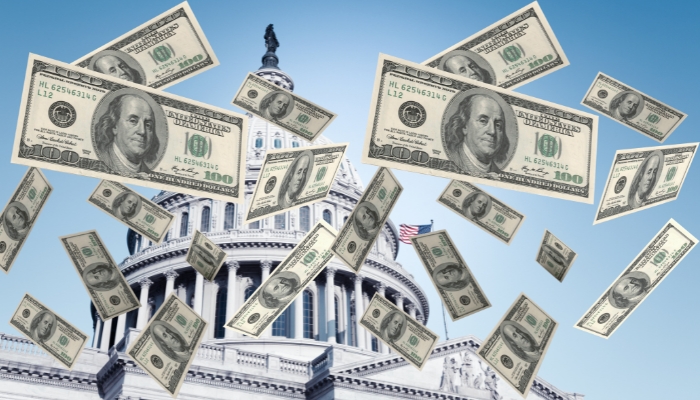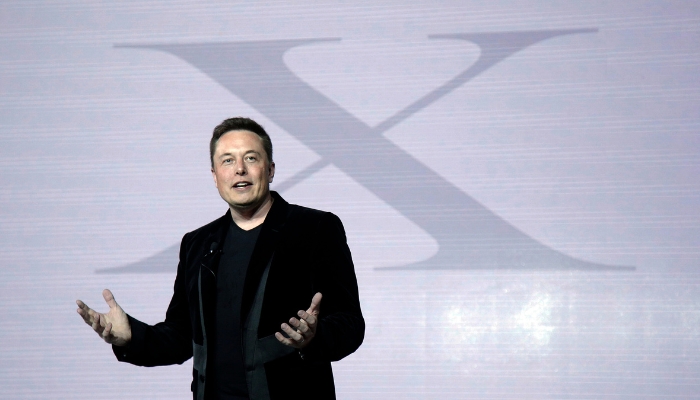US Retail Sales Resilience Amid Challenges
Anúncios
Retail sales in the United States continued their growth in September, highlighting the resilience of American consumers in the face of mounting economic challenges. In a surprising turn of events, retail sales increased by 0.7% in September compared to the previous month, marking the sixth consecutive month of growth. This trend is particularly remarkable given the ongoing challenges posed by factors such as inflation and geopolitical uncertainties.
When accounting for September’s 0.4% increase in consumer prices, inflation-adjusted retail sales still saw a respectable rise of 0.3%. This growth is an encouraging sign that consumer spending remains robust despite inflationary pressures. In a year-on-year comparison, retail sales and spending on food services in September rose by 3.8%, making it the strongest annual gain since February.
During September, various retail categories saw increases in spending, with specialty stores leading the way, posting a 3% gain. Additionally, both online sales and car purchases experienced strong growth, each increasing by 1.1% compared to August. However, the clothing and electronics categories showed some weakness, both experiencing a decline of 0.8% during the same period.

Economists have noted that factors such as high employment rates, wages outpacing inflation, and the waning concerns about a recession have been key drivers of consumer spending. Yet, challenges lie ahead. In the fourth quarter, headwinds may arise as student loan payments restart, labor unions engage in strikes, and potential risks emerge from geopolitical events like the Israel-Hamas conflict and the possibility of a government shutdown.
Compared to the previous month, higher gas prices had a relatively minor impact on retail spending in September. When excluding sales at gasoline stations, retail sales still showed a 0.7% increase. However, the risk of a surge in energy prices remains, especially if the situation escalates in the Middle East due to the Israel-Hamas conflict. Such an escalation could tighten global oil supply, resulting in higher gas prices and increased inflation.
While American consumers have exhibited resilience amid economic challenges, the U.S. economy is anticipated to face headwinds in the coming months. A softer job market and less robust consumer spending are expected due to multiple factors, including the Federal Reserve’s rate hikes, higher bond yields, stringent lending standards, and persistent high inflation. Ongoing labor strikes and the potential depletion of the excess savings accumulated during the pandemic also add to the challenges.
Overall, the state of the labor market will play a pivotal role in determining the trajectory of consumer spending. Employment figures have remained strong, with 336,000 jobs added in September and a steady unemployment rate of 3.8%. The economy’s performance during the upcoming holiday season will be crucial in assessing its trajectory in early 2024.
The holiday season’s outcome remains uncertain. An intensification of the Israel-Hamas conflict could lead to rising energy prices, complicating the Federal Reserve’s mission to control inflation. Higher energy prices may result in increased inflation and affect various sectors, including services like flights and freight, which rely on fuel.
As consumers are highly responsive to fluctuations in gas prices, a significant rise due to geopolitical tensions could affect consumer sentiment. Eventually, higher gas prices might force Americans to curtail their spending as their budgets come under pressure.
The uncertainty surrounding energy inflation continues to loom, and the extent of the Israel-Hamas conflict’s impact on global oil supply remains unpredictable. A direct involvement of Iran in the conflict could trigger tighter sanctions and disrupt oil output and exports, further influencing gas prices.
In summary, while U.S. retail sales have demonstrated resilience, economic challenges and geopolitical uncertainties pose potential risks to the strength of consumer spending in the months ahead. The fate of consumer spending hinges on labor market dynamics, the duration of inflationary pressures, and global events affecting energy prices.






